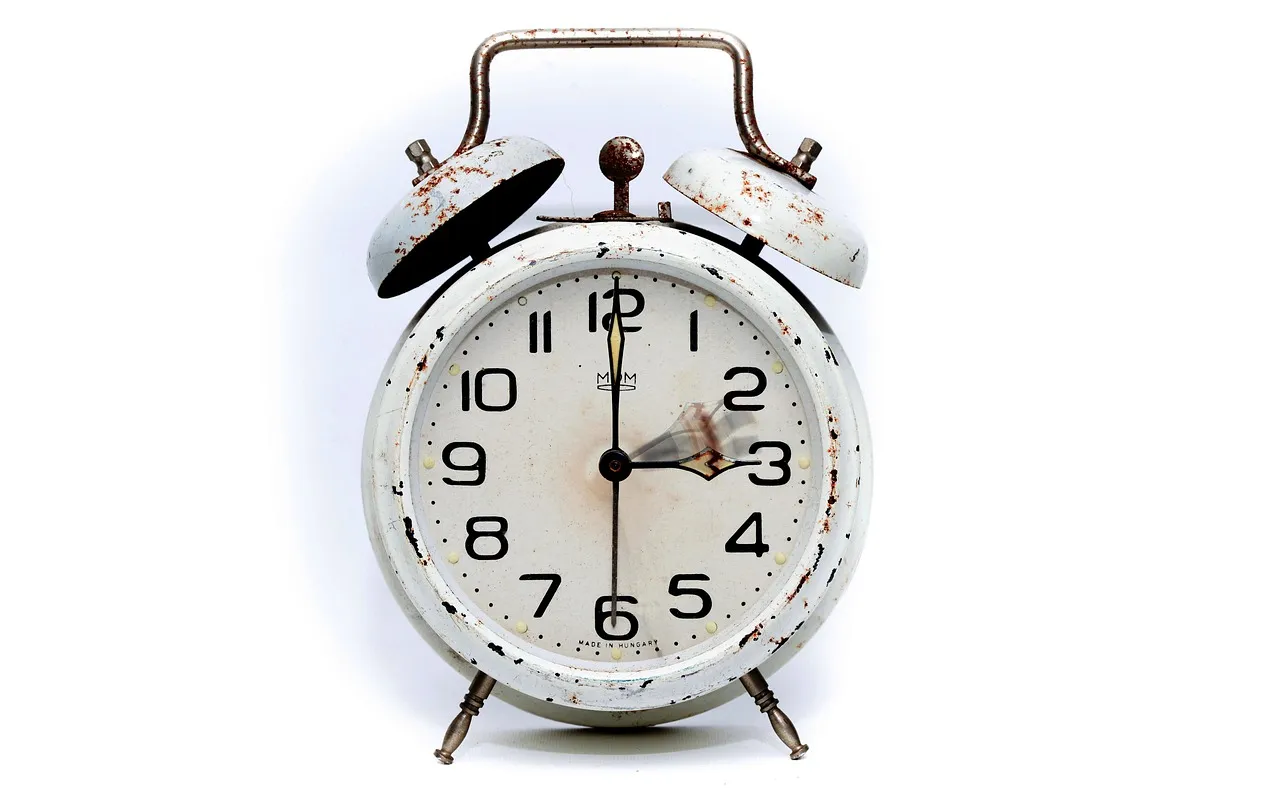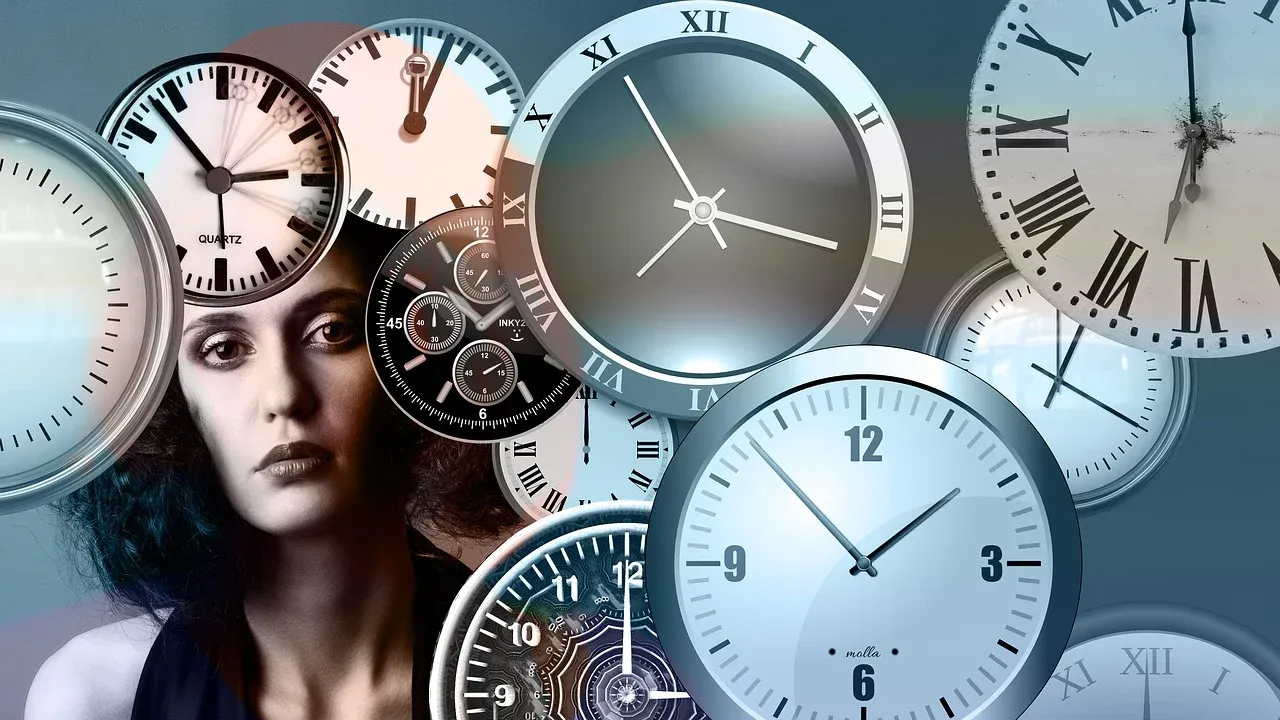It is said that there is a timekeeper in every household. It may be a wall clock at times, a wristwatch, at other times a person. At home with my father I was at the clock. It is not that I wanted to be one; but I was caught in time.
It started the year that Mama got ill. My age was fourteen. The illness did not arrive in a pouring rain, it arrived in the harmattan, slow dripping and drying, insidious. She initially claimed that it was simple malaria. She spent a month in bed, however, and when at last she was up her face was pale and her voice was like whispering wind.
I was the one that followed up on everything, when to give her medicine, when to boil water, when to tell Papa to come home early to take her to the doctor. I was marking the time by my own heart beating.
Papa had a large silver watch he had once--a pocket watch that his papa had given him. On Sundays after church he would shine it up like it contains more than hours in it. One day I asked him, Papa, why do you love this watch so much?
His eyes were tired, soft but he smiled. Not that it only tells time, Ada. It brings it back to the thought of how valuable it is. Each of them is clocking life away. It cannot be purchased back.”
I had no idea the next few years his words would haunt me.
Mama got worse. A home that used to be filled with her laughter in a cacophony of sound became silence that verged on as old rubber bands that pull, pull, yet never snap. My friends would play outside in the dusty compound, I would hear their shouts and giggles but I could never play with them. Eagerly I had always listened… To hear Mama cough once more, to hear her call my name.
Our sitting room clock was a heavy loud clock and it used to taunt me in those times. Each tick decided that time goes on, though I wanted it to stand still.
Papa one night came home late. His shirt was dank with sweat and oil. Ada, said he--he spoke softly, the doctor says we must hasten now. Mama is to be operated in Enugu.”
How quick? I asked.
As soon as we can get the money.”
I wished I could call out to time so that it would move slowly, so we could take a breath. Time does not hear any entreaties.
I was no longer a timekeeper, I rather was a bum of hours. I did some math on how many days until we got payday, how many nights Mama could last before having the surgery. I crossed each morning off the back of a calendar long expired, a red pen bled through paper.
Slowly came money. And Mama was out of time.

It was one Sunday after church when I heard Papa talking to Uncle Chike outside.
And can you, brother, help me? All I need is a loan. I will reimburse you.”
Uncle Chike nodded his head. Eh, you see business is tough these days. Things are slim.”
I was leaning against the door, holding the wood with my fingers, crying, Can you not see she is dying? Yet I could not force my voice above my gullet.
that night, I had taken the silver running-watch out of Papa s drawer. It looked and felt heavy in my hand and it seemed like something that took all the collective history of our family. I went myself, the following day when Papa had gone to work, to the old market.
A goldsmith came up and eyed me. How did you do this?
Strange; I said, it belongs to my father. “I… I have to sell it.”
He weighed, he tried it, and showed it on his palm. Fifty thousand, I say you shall have.”
It was not as much as I wanted, but what would open Papa eyes with a gasp when I gave it to him that evening.
Ada, where do you get this money?
I gave it to him straight. His face was still twisted-- part with anger, part with pride, and fear.
Two days later we were off to Enugu. I kept track of the hours as the trees flashed in a green streak past me. Mama was in the bus with her head in my lap and her breathing shallow. I told her, Breath. Only some more time.”
It was a long surgery. I was sitting out in the theatre with Papa and saw nurses running to and fro and even doctors. The wall clock of the hospital was apparently moving too slowly as every minute dragged like a recalcitrant child.
The doctor, when he came out, gave me all this information with his face before with his words.
She had fought like a hero, he said gently, but we were too late.
Not all of the sound of that sentence fell at once. It hit me wave after wave. Too late. The same privilege that I had struggled to protect had fallen between my fingers.
We went home without mama. The watch which was made of silver was missing. So was a long time ago. I essentially walked through this existence like a creature of the shadow, without clocks, without calendars. Each tick seemed sore.
Years passed. Papa became less talkative. Now at times I would find him gazing at the space on his shelf where the watch had been. I would have asked him if I was sorry, that I would have wished I could have saved Mama and the timepiece. How do you apologise for having lost a war against time?

One day Papa had left his room, and this rainy afternoon when I was cleaning it up I found something under his pillow, a new watch. Oh, not silver, Not fancy. Only an ordinary black wristwatch. It had a note on it, in Papa handwriting:
"Ada, the time is not your foe. You have your companion. Don't attempt to cure it,Keep it, but do not cage it."
There I sat, with the watch in my hands, and the years of guilt fell to the touch a little spot smoother.
Today, still, now that I am a grown woman, I remain a timekeeper. Precisely the kind who does not count seconds as coins. I measure in instants the smell of the rain on the red earth, the comfort of the sound of Mama in my head, the pondering of the sound of Papa in my heart.
When folks question me about how I never come late, how I as a designer appreciate the word of any promise, I reply with a smile in my voice, because I have seen the penalties of time running out.
Truth is, the second silver timepiece was nothing more then a item. The timekeeper was me though, and always will be me. Not that I rule over time no one does but that I respect it. I respect it.
And sometimes when I hear the soft tick of my wristwatch I hear Mama’s voice, still warm, still strong, saying, “Well done, Ada”. You kept time the best you could.”